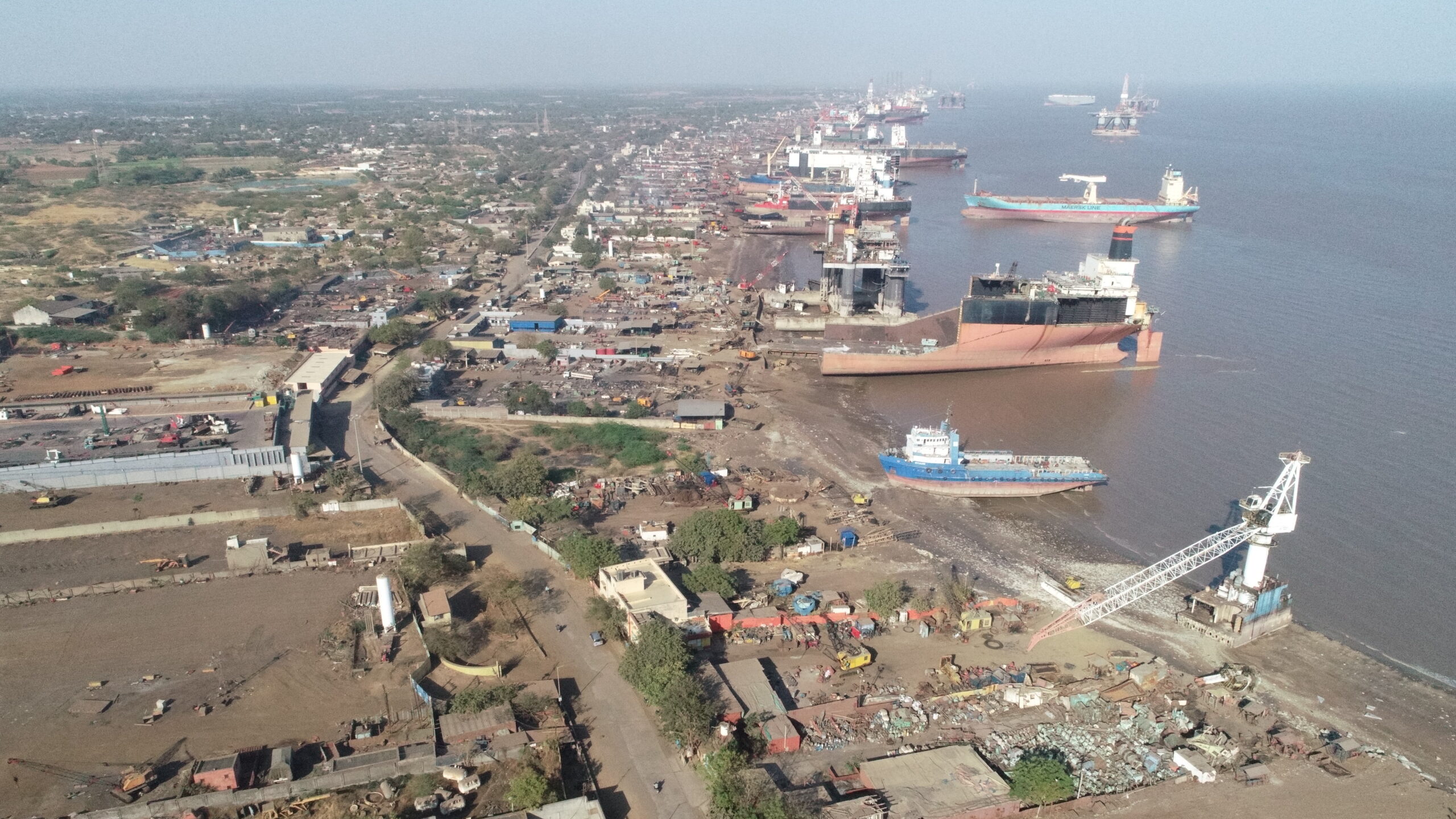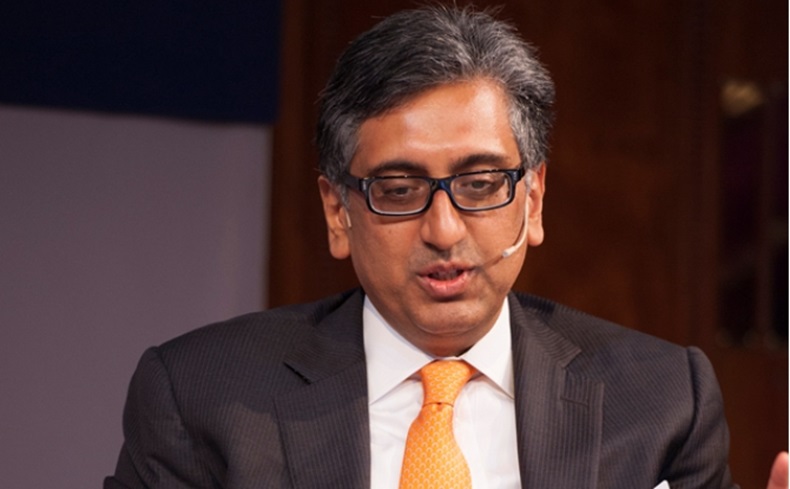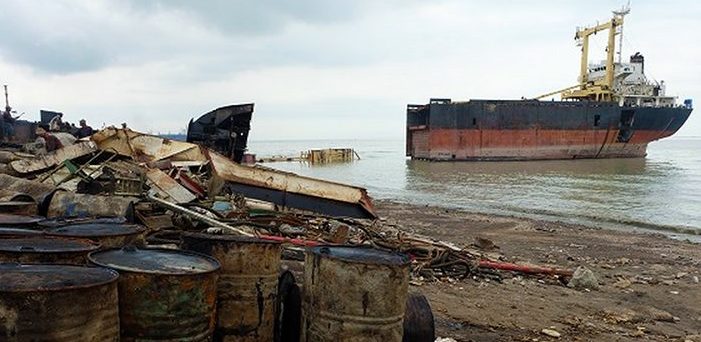Pipavav Shipyard Resurrected: India’s Shipbuilding Ambitions Rekindled
In a significant development for India’s maritime industry, the once-beleaguered Pipavav Shipyard is set to resume operations under new ownership and management. The yard, once India’s largest by capacity, has been acquired by Swan Energy and is undergoing a revival under the stewardship of former Damen Shipyards executive Carsten Schumacher.

Pipavav’s journey has been a rollercoaster. Founded in 1997, it quickly rose to prominence as India’s largest private shipbuilding firm. However, financial challenges led to a debt restructuring in 2016, with Reliance Group taking control. Despite this, the shipyard continued to struggle, eventually leading to bankruptcy proceedings in 2019 with debts amounting to a staggering $1.2bn.
The acquisition by Swan Energy marks a new chapter for the shipyard. The company has wasted no time in appointing Schumacher, a seasoned industry veteran, as COO. This appointment is seen as a strategic move to inject global best practices and expertise into the yard’s operations.
The shipyard’s revival comes at a time of heightened activity in India’s shipbuilding sector. A slew of recent announcements, including the entry of defence contractors into commercial shipbuilding and the emergence of new yard capacities on both coasts, has underscored the country’s growing ambitions in the maritime domain.
Pipavav’s immediate focus will be on securing new orders. The yard has already landed a repair contract for the Indian Coast Guard and is in advanced negotiations for a bulk carrier construction deal with an overseas shipowner.
Possessing India’s largest drydock, measuring an impressive 662 meters by 65 meters, Pipavav has the infrastructure to handle some of the world’s largest vessels. This, coupled with its strategic location, makes it a potential game-changer in the global shipbuilding landscape.
The Indian government, under Prime Minister Narendra Modi, has been vocal about its aspirations to elevate India to the ranks of the top five shipbuilding nations within a decade. The revival of Pipavav is seen as a crucial step in realizing this goal. The government is reportedly crafting a stimulus package for the shipbuilding industry, which is expected to boost the sector’s growth further.
Industry experts believe that Pipavav’s resurrection, along with other positive developments, could position India as a global shipbuilding hub. The country’s large domestic market and growing economic clout offer immense potential for the sector.
However, challenges remain. The global shipbuilding industry is highly competitive, with yards in South Korea, China, and Japan dominating the market. India will need to invest heavily in technology, skilled manpower, and infrastructure to compete effectively.
Industry stakeholders will closely watch the success of Pipavav. It will serve as a test case for the viability of large-scale shipbuilding in India and could influence the government’s policy decisions in the sector.
As Pipavav gears up for a new beginning, the maritime world is watching with keen interest. The shipyard’s journey is a story of resilience, determination, and the potential of India’s shipbuilding industry.
Author: shipping inbox
shipping and maritime related web portal








